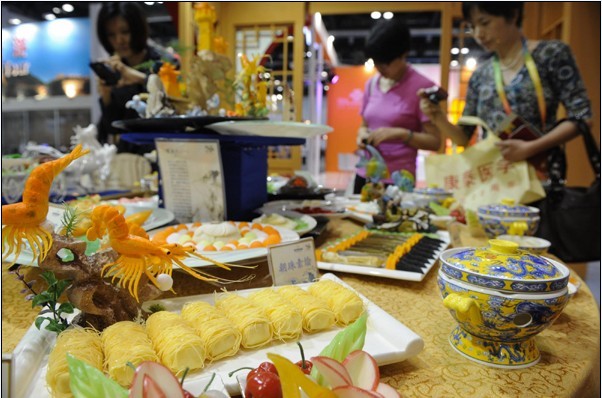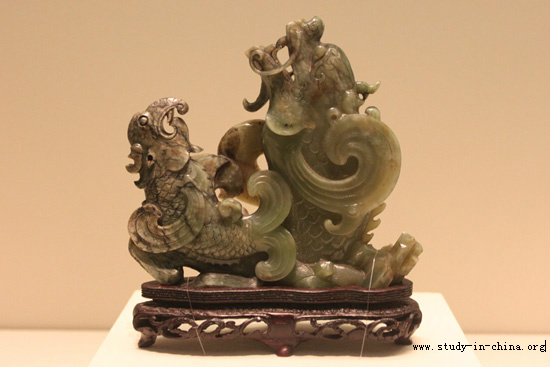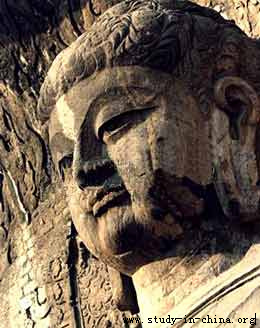|

Classical Culture
Traditionally, Chinese culture was dominated by a Confucianist literati, who praised love of learning and moral fortitude. Exercise was looked down upon, apart from archery, which was considered one of the essential skills of a gentleman by Confucius. The novel was looked down upon, and instead short summaries of people's lives, brief essays and so on where praised. However, several classic novels were written, including The Dream of the Red Chamber and Journey to the West. A person's skills in poetry and calligraphy were praised, and were they keys to getting a job in the government, through the civil service examinations.
Chinese painting was also highly rated, and is different from Western painting by the fact that single shapes are made by single brush strokes. There are orthodox subjects, including bamboo, flowers, birds, a hermit's retreat and so on. In contrast, Beijing opera came from the peasant classes, and was looked down by those further up the social scale.
Modern Culture
Traditional Chinese culture was looked down upon by the Communists and actively destroyed during the Cultural Revolution. Today, though traditional arts are regaining their former importance most Chinese spend their free time quite differently. What has survived is a love of eating and drinking, and the Chinese devote a large amount of time to these activities.
The Chinese spend a large amount of time watching TV, which is an unusual mix of minority festival displays, soap operas and patriotic singing contests. The popularity of Hong Kong action movies has resulted in a resurgence of interest in the martial arts, though only old people tend to practise taichi. Taichi is done in parks in the early morning, and also practised in the early morning as are various types of dance, which include fan-dancing, ballroom dancing and, incongruously, line dancing. The classes can also be seen in the evenings on pavements and under motorways. Male retirees have a particular fondness for keeping birds, and an old man with a trolley full of birdcages, taking his pets out for a walk, is a common site.
The cinema is mainly full of Hong Kong and Taiwanese movies, with a few Western ones that have been approved by the government. The mid-'90s have seen a new vitality in the Chinese film industry, in spite of censorship, the problems of market reform and the increasing presence of Hollywood.
Adapted from http://www.cbbc.org |
 more
more


 more
more




 print
print  email
email  Favorite
Favorite  Transtlate
Transtlate 









